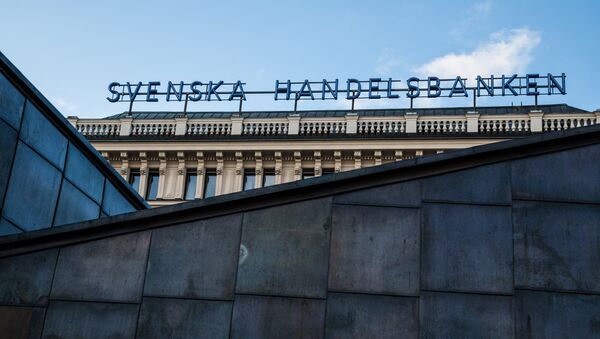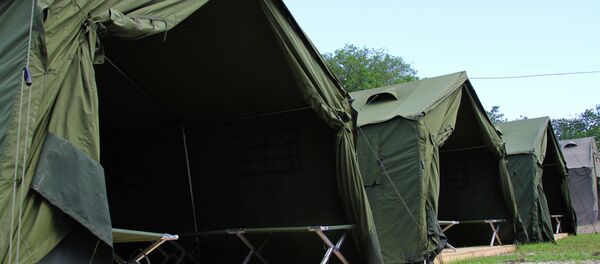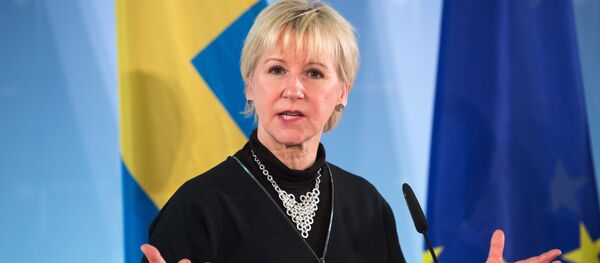According to Diakonia Secretary General Bo Forsberg and Fair Finance Guide project manager Jakob König, arms sale to countries with authoritarian regimes that lack political and civil liberties and spend a large part of their budget on military cause particular concern. Swedish banks were found to clearly neglect their own guidelines or requirements on controversial arms exports, whereas banking giant Nordea was found to lack any ethical policy whatsoever, Forsberg and König wrote in an opinion piece in Dagens Nyheter.
Investments in arms companies were found in 65 of the banks' savings funds, often most passively managed ones. One of the main investees was identified as European international conglomerate corporation Thyssen-Krupp, which deals in arms sale to among other Saudi Arabia.
Stockholm enjoys present itself as a "humanitarian superpower," citing its generous donations to relief funds and international aid. However, despite its seemingly peaceful image and major involvement in international diplomatic efforts, Sweden is the world's twelfth largest arms exporter, with the industry employing thousands of people and accounting for over $1 billion USD worth of the country's exports. Until last year, the list of top buyers of Swedish arms included Saudi Arabia and United Arab Emirates, both of which have been severely criticized for their poor human rights records and authoritarianism, as well as providing military assistance to Bahrain, which brutally quelled Arab Spring demonstrations.
Since Wallström censured Riyadh's policy as "medieval," the relations between Sweden and Saudi Arabia have been beyond repair. In an unusual and not necessarily constitutional step, the Swedish king was requested to intervene by the government and send a letter of apology to his Saudi Arabian counterpart, asking for respectful and good relations.
Democracy cannot be exported, only supported. #DemocracyDay #IDEA
— Margot Wallström (@margotwallstrom) 15 сентября 2016 г.
Despite the ruptured arms sales to Saudi Arabia, Stockholm continues to trade weapons to Pakistan, Thailand, Bahrain, Kuwait, Brunei and United Arab Emirates, which all have been identified as having dictatorial tendencies or deficient human rights records.




